This House believes Jordan is on the brink of serious political turmoil and unrest
JORDANIANS EXPECT SERIOUS POLITICAL TURMOIL AHEAD
A rare public debate in Amman provoked sustained criticism of King Abdullah’s reform policies and raised expectations that Jordan faces increasing political unrest.
Fifty-four percent of the audience, attending the first New Arab Debates in Jordan, voted for the motion: ‘This House believes Jordan is on the brink of serious political turmoil and unrest’ after a heated discussion and salvos of applause.
The event comes just ahead of parliamentary elections next month which some opposition groups have pledged to boycott.
Speaking for the motion, Hassan Barrari, Professor of Political Science at the University of Jordan, said the trust gap between state and society was growing due to lack of “genuine” political reform, corrupt, economic policies, growing nepotism and the King’s insistence on moving the same officials around “like musical chairs”.
“The King changes governments as fast as he changes his knickers and this is a sign of political instability,” he said, pointing to the replacement of five prime ministers since largely peaceful protests began in Jordan two years ago.
Most officials, he added, were appointed by the King and they cannot say “no” to him or to the government…They are corrupt and spineless.”
“We are going to elections as a divided society on key issues and this will trigger the political crisis in Jordan.”
Former senator and Minister of Justice, Trade and Foreign Affairs Salaheddin al-Bashir, who argued against the motion, acknowledged that the country faced serious social, economic and political issues. “But I can affirm that Jordan is neither in turmoil nor on the brink of it.”
He added: “Jordan’s state institutions and socio-political features are robust and we are gradually and surely responding to those challenges in a way that will get us out of the turbulence.”
Asked about reports by human rights’ groups that protesters had been beaten on the streets and in custody, Bashir, a practicing lawyer, said he had no reason to believe violations had been systemic. “There are always mistakes; it is a process,” he replied.
The audience, comprising some 550 university students, political activists from across the spectrum and former and current ministers, showed many of the deep divisions, that have sparked several thousand protests and rallies in Jordan over the last two years.
But there were those who recommended caution. “You have been on the streets for two years and nothing has happened,” a man said, drawing loud applause when he asked why Jordan should be pushed towards the chaos, plaguing other Arab countries.
A European diplomat who attended the event said it was rare to hear criticism of the King’s policies in a public event in Jordan. “This kind of talk,”he added, “is normally reserved for the privacy of your own home.”
The debate will be broadcast on Deutsche Welle on December 19th and on the Public Broadcasting Service in the US, reaching an audience of over 100 million people.
Speakers
Related clips
Audience vote
- For: 54
- Against: 46

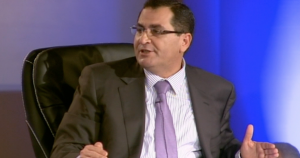
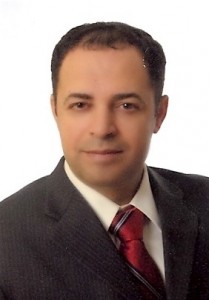
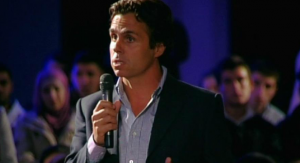
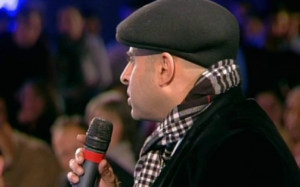
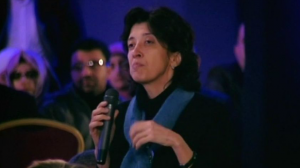
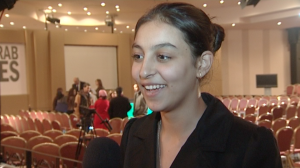
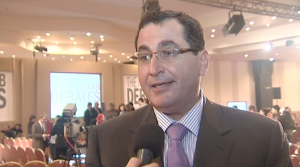
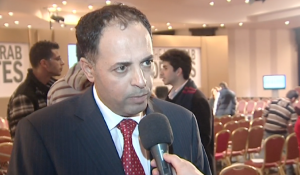
Comments
Comments have been disabled.